TPO - The draft Law on Teachers has been revised to remove the specific regulation on increasing 1 salary level in the administrative career salary scale system for teachers recruited and receiving salary for the first time.
TPO - The draft Law on Teachers has been revised to remove the specific regulation on increasing 1 salary level in the administrative career salary scale system for teachers recruited and receiving salary for the first time.
Teachers' salaries are ranked highest.
This morning (February 7), the National Assembly Standing Committee gave opinions on explaining, accepting, and revising the draft Law on Teachers.
Reporting on the acceptance and explanation of a number of major issues, Chairman of the Committee for Culture andEducation Nguyen Dac Vinh said that there were some opinions in favor of the regulation of increasing 1 salary level in the administrative career salary scale system for teachers recruited and receiving their salaries for the first time.
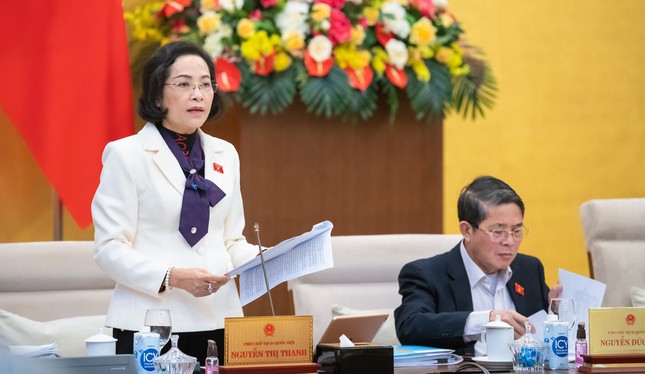 |
The National Assembly Standing Committee gives opinions on the Law on Teachers. |
Besides, some opinions are still concerned and do not agree with this regulation and suggest that it is necessary to assess the impact of the policy in general correlation with the team of cadres, civil servants and public employees of the political system.
In response to the opinions of National Assembly deputies, the draft law was revised in the direction of removing the specific provision on increasing 1 salary level in the administrative career salary scale system for teachers recruited and receiving salary for the first time.
“Teachers’ salaries are ranked highest in the administrative salary scale system; improving salary policies for civil servants and public employees needs to be studied and calculated synchronously in the process of building salary policies according to job positions,” Mr. Vinh said.
Expressing his views on this issue, Chairman of the Law Committee Hoang Thanh Tung said that the salary and allowance policy for teachers is being viewed according to the current salary and allowance regime. Mr. Tung noted that there needs to be a connection so that the implementation of the new salary policy can be more consistent.
Clear regulations on housing to avoid confusion
Regarding the policy on public housing, Mr. Nguyen Dac Vinh stated that there were opinions suggesting implementing regulations on the policy on renting public housing for teachers according to the provisions of the Housing Law to ensure the consistency of the legal system. In addition, there were also opinions suggesting adding a policy to support teachers' housing rent when they work in difficult areas according to regulations.
In response to comments, the draft law was revised in the direction that teachers are entitled to enjoy the policy of renting public housing according to the provisions of the Housing Law or are guaranteed collective accommodation when working in ethnic minority areas, mountainous areas, border areas, islands and areas with especially difficult socio-economic conditions.
The draft also adds a provision that in cases where collective housing or public housing cannot be arranged, teachers will be supported with housing rent at the level of support for public housing; the criterion of "meeting all essential conditions" in the regulations on collective housing for teachers is removed.
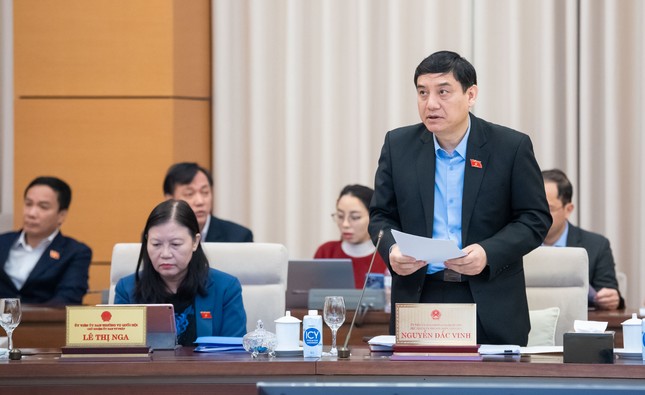 |
Chairman of the Committee on Culture and Education Nguyen Dac Vinh. |
Commenting on this issue, Vice Chairman of the National Assembly Nguyen Khac Dinh suggested amending it to allow teachers to rent housing “according to housing laws”. In addition, he also suggested that the Government should specify this in detail, and clearly state how to support it for implementation, otherwise localities will be very confused and not know what to do.
Sharing the same concern, National Assembly Secretary General Le Quang Tung “completely agrees” with the housing policy for teachers working in difficult areas. This is a very practical requirement, and also a condition for mobilizing teachers to work in difficult areas.
However, Mr. Tung is concerned that in case the locality cannot arrange collective accommodation, supporting the rent does not really meet the problem of teachers working with peace of mind. "We need to consider more, and have constraints to ensure the best for teachers working here," Mr. Tung suggested.
Preschool teachers are allowed to retire early.
Regarding the early retirement policy, Mr. Nguyen Dac Vinh said that many opinions agreed with the policy of early retirement according to the law for preschool teachers; proposed to add the criterion that teachers must have paid social insurance for 20 years or more to be eligible for early retirement and not have their pension rate deducted.
However, there are also concerns about the resources to ensure the implementation of this policy and that the principle of contribution and benefit must be ensured according to the Law on Social Insurance.
Regarding this matter, the Standing Committee of the Culture and Education Committee said that allowing preschool teachers to retire earlier than the age prescribed by law is a policy built on the characteristics of the professional activities of this group and is suitable for the characteristics of preschool learners.
In response to comments, the draft law has revised and supplemented the regulation that teachers in preschools, if they wish, can retire at an age lower than the retirement age of employees under normal conditions, but not more than 5 years, and the pension percentage will not be reduced due to early retirement if they have paid social insurance for 20 years or more.
According to Mr. Vinh, there are opinions suggesting specific regulations on requirements and conditions for teachers to extend their retirement age; there are opinions concerned about extending working time for teachers at preschool and general education levels.
Regarding this, the draft law also clearly stipulates the conditions for implementing this policy when educational institutions have a need, teachers are healthy enough and voluntarily extend their working hours; at the same time, it adds the criterion of "meeting the standards and conditions of educational institutions".
"During the extended retirement age, teachers in public educational institutions cannot hold leadership or management positions and cannot retain leadership or management position allowances," said Mr. Vinh.
Source: https://tienphong.vn/thong-tin-moi-nhat-ve-chinh-sach-tien-luong-nghi-huu-truoc-tuoi-cua-nha-giao-post1715002.tpo


![[Photo] National Assembly Chairman Tran Thanh Man meets with Thai Prime Minister Paetongtarn Shinawatra](https://vphoto.vietnam.vn/thumb/1200x675/vietnam/resource/IMAGE/2025/5/15/e71160b1572a457395f2816d84a18b45)

![[Photo] Prime Ministers of Vietnam and Thailand visit the Exhibition of traditional handicraft products](https://vphoto.vietnam.vn/thumb/1200x675/vietnam/resource/IMAGE/2025/5/15/6cfcd1c23b3e4a238b7fcf93c91a65dd)





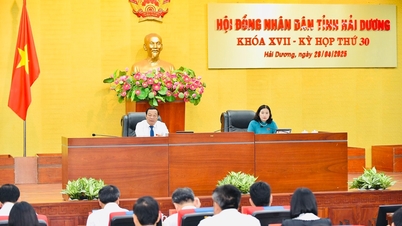



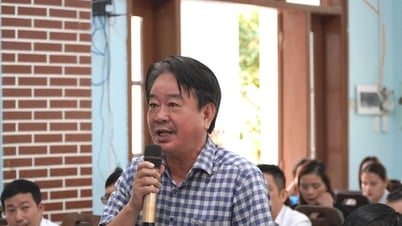
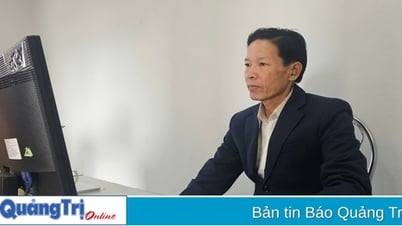
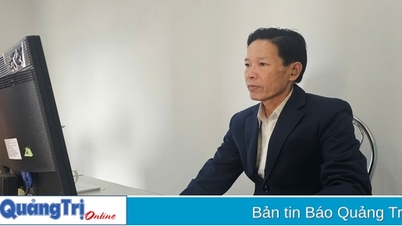



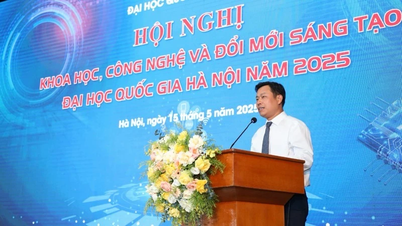


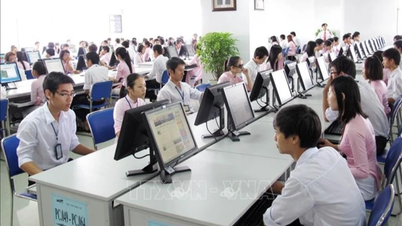







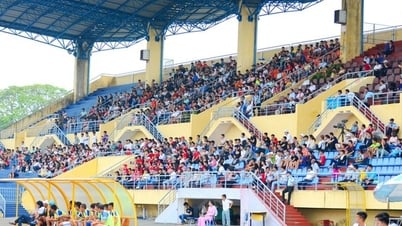
































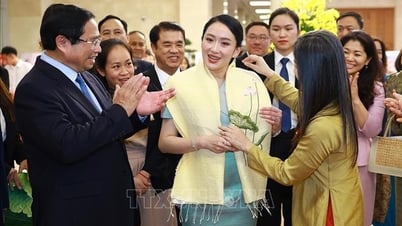

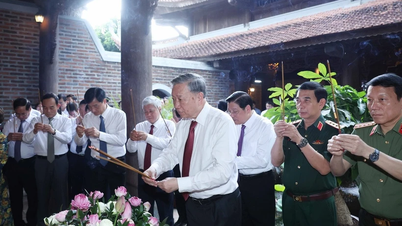
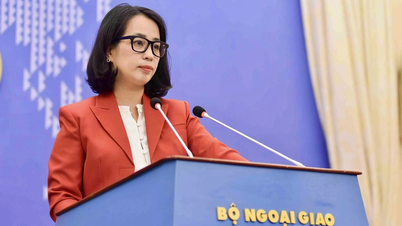







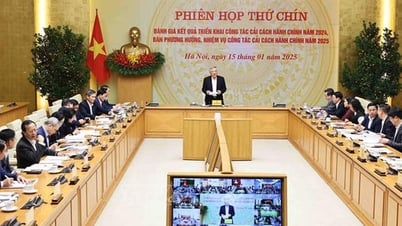

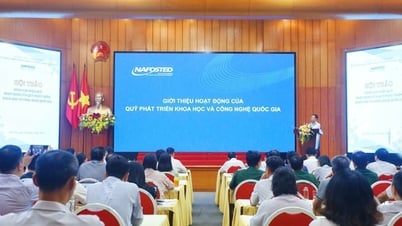

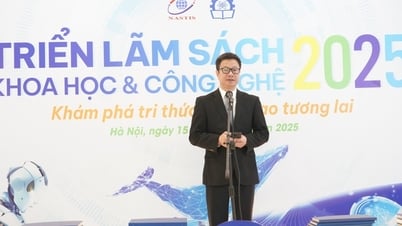


















Comment (0)